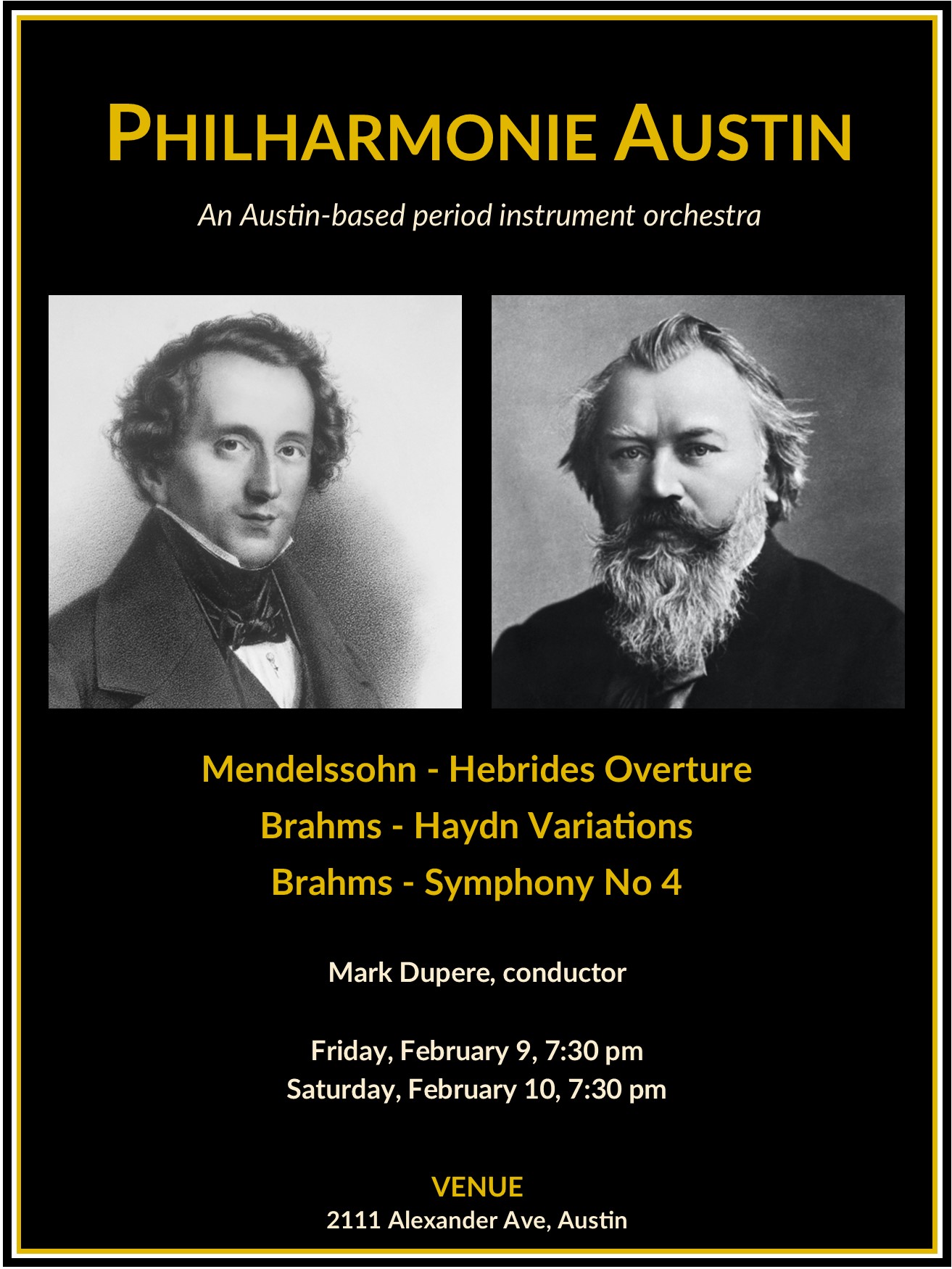Composer, conductor and pianist Leonard Bernstein was one of the most frenetic musicians of the last century. But he selected the 1964-65 season as a well-earned sabbatical from his position as Music Director of the New York Philharmonic. It was supposed to be time for reduced activity, but he was constitutionally unable to wind down. His level of activity barely varied from that of other years.
One of the products of the year of “idleness” was Chichester Psalms, commissioned by the Dean of the Cathedral of Chichester in Sussex, England. It is a setting in Hebrew for boy soprano or countertenor (not by a woman), chorus and orchestra of three complete Psalms, along with verses from three others. Originally scored for trumpets, trombones, timpani, harp, percussion and strings, Bernstein later re-orchestrated it for organ, harp and percussion.
Part I opens with a dramatic invocatory introduction from Psalm 108, verse 2: “Awake, psaltery and harp! I will rouse the dawn!” There follows an Allegro from Psalm 100, “Make a joyful noise unto the Lord,” where a battery of percussion instruments and the dynamic rhythms in (7/4 time) conjure both the “joyful noise” and King David’s dancing before the Ark.
In Part II, the ethereal Psalm 23, the boy soloist, (David the shepherd) is accompanied by the harp. But male voices violently interrupt the child with verses from Psalm 2: “Why do the nations rage?” The female voices reply with a variation of the boy’s melody, initially overpowering the men – Bernstein writes in the score, “Blissfully unaware of the threat,” – but the orchestra concludes with the men’s theme. Peace is still elusive.
A meditative instrumental prelude opens Part III, a variation of the theme of the introductory Psalm 108. Gradually the orchestra becomes hushed as the chorus enters with the tranquil Psalm 131, “Lord, Lord, my heart is not haughty.” Finally, The unaccompanied chorus sings Psalm 133, verse 1: “Behold, how good and pleasant it is for people to dwell together as brothers.”
One cannot help but compare Chichester Psalms to Stravinsky’s Symphony of Psalms. Certainly, both composers, noted for their driving rhythmic language, incorporate that drive into their works. Stravinsky’s work is decidedly more austere and abstract, while Bernstein presents different facets of the human relationship with God.
Program notes by:
Joseph & Elizabeth Kahn
Wordpros@mindspring.com
www.wordprosmusic.com
